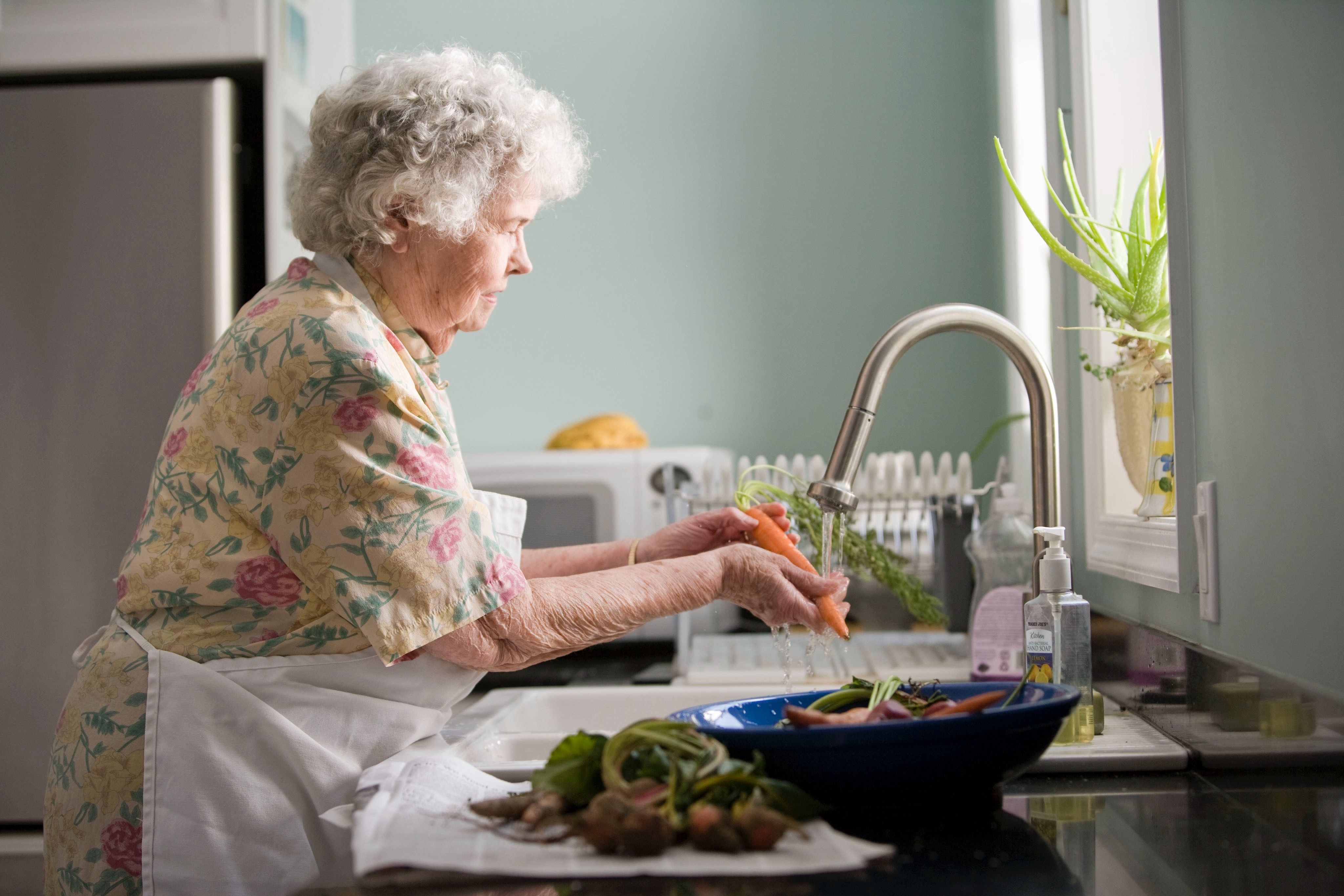Home Health Care Basics
If an elderly family member requires consistent additional assistance, those closest to them may turn to a home health care professional to give them the support they need.
There are several different types of home care, each one bringing varying levels of cost, expertise, and healthcare possibilities to the table. However, the majority of home care services fall into one of two categories:

Non-Medical Care
Most in-home care is non-medical by nature. Options in this category include companionship, meal preparation, laundry, housekeeping, transportation, shopping, and possibly money management.
Non-medical care professionals can also assist with essential daily activities, such as bathing, eating, dressing, and more. Homemakers or home aides typically provide non-medical home care.
Medical Care
All medical home care must be performed by a licensed professional, such as a certified nurse or therapist. Duties that fall under medical care include supplying medication, caring for severe wounds or injuries, and physical or speech therapy. These activities also require a doctor’s prescription.
A senior may need a combination of medical and non-medical care. A hybrid solution may be necessary, depending on the person’s unique health concerns and area professionals’ availability.



